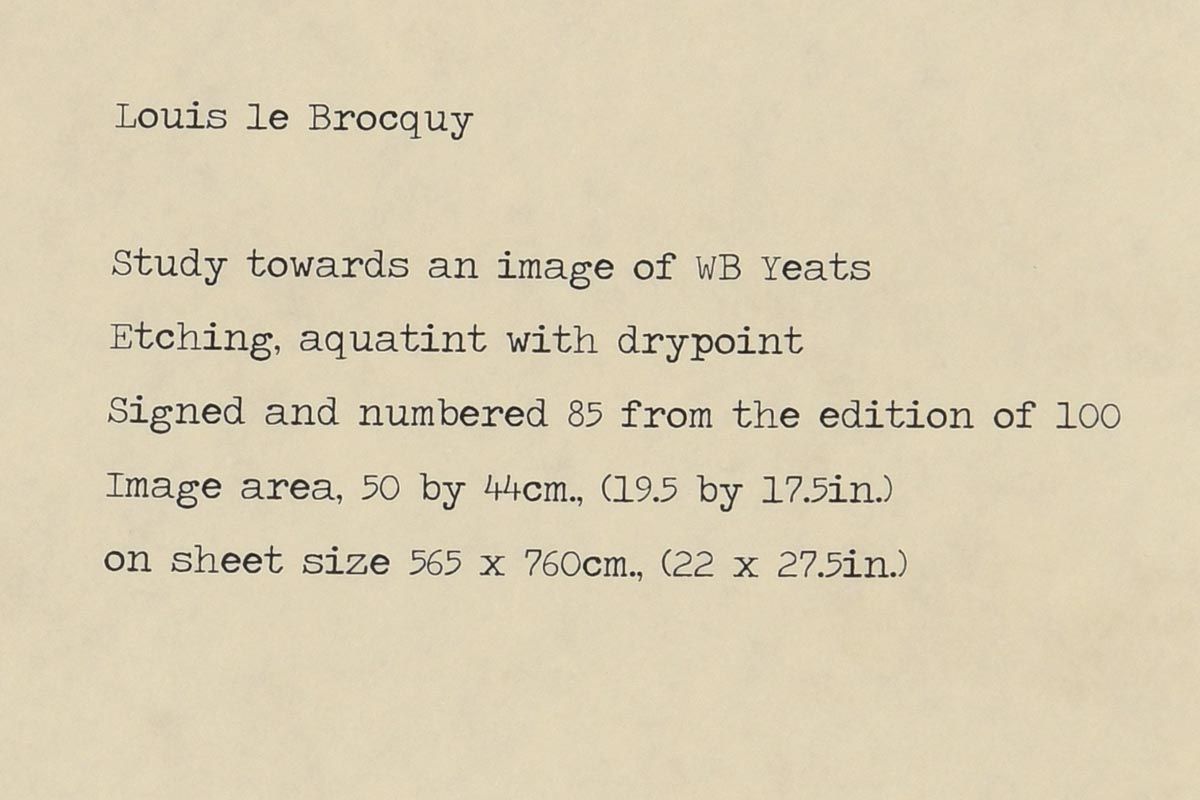

The poet gives a ray of positive light with the use of mystic image ofĬlapping and singing by soul to cherish the twilight years of the man. In the fields to show away the uninvited birds, though useless in society’sĮye. The analogy used refers to the scarecrows installed The use of diction is apt as the monument refers to the stature of the past andĭespite the significant experience, old man is Young generation neglect the old who are the “monuments of unageing intellect.” Whatever exists will one day come to death. Provinces of youth, however, with no realization of the truth of life that

The image of the young lovers, birds, fish in merriment all denote the No longer a “country for old man.” The word “old” does not only refer to theĪge of the man but also to the experience of the world that he has with him. The poem begins with the disoriented old man who heįeels out of place as he sees the pomp of youth and life and claims that it is Yeats, however, modifies the originalġ1-syllable pattern to ten syllables and uses slant rhymes instead of exact In the metrical form, it follows the ottava rima pattern, four The spiritual journey is expressed in the tone of Present place is “no country for old men.” Into “the holy city of Byzantium,” the then known Constantinople, as the The aged speaker wishes to and psychologically does, land Of art and culture, Yeats uses Byzantium, as a symbol for a place of refuge for His works are laid with allusive imagery and symbolic structures.īeing a master of traditional forms, and with a keen interest in mystic beauty Literary establishments, was a symbolist poet, influenced by France and an Yeats, a pillar of both, the Irish and the British, Body, art and spirit fuse in the poem as the old man attempts to find some way to move out and away from the agony of the ageing body. Two years hence it was first published in the 1928 collection ‘ The Tower.’ One of Yeat’s most inspired works and one of the greatest poems of the twentieth century, it tells about the psychological sufferings of the old aged speaker. “ Sailing to Byzantium” is a poem written by 1923 Nobel Laureate W.B.Yeats in the year 1926.


 0 kommentar(er)
0 kommentar(er)
